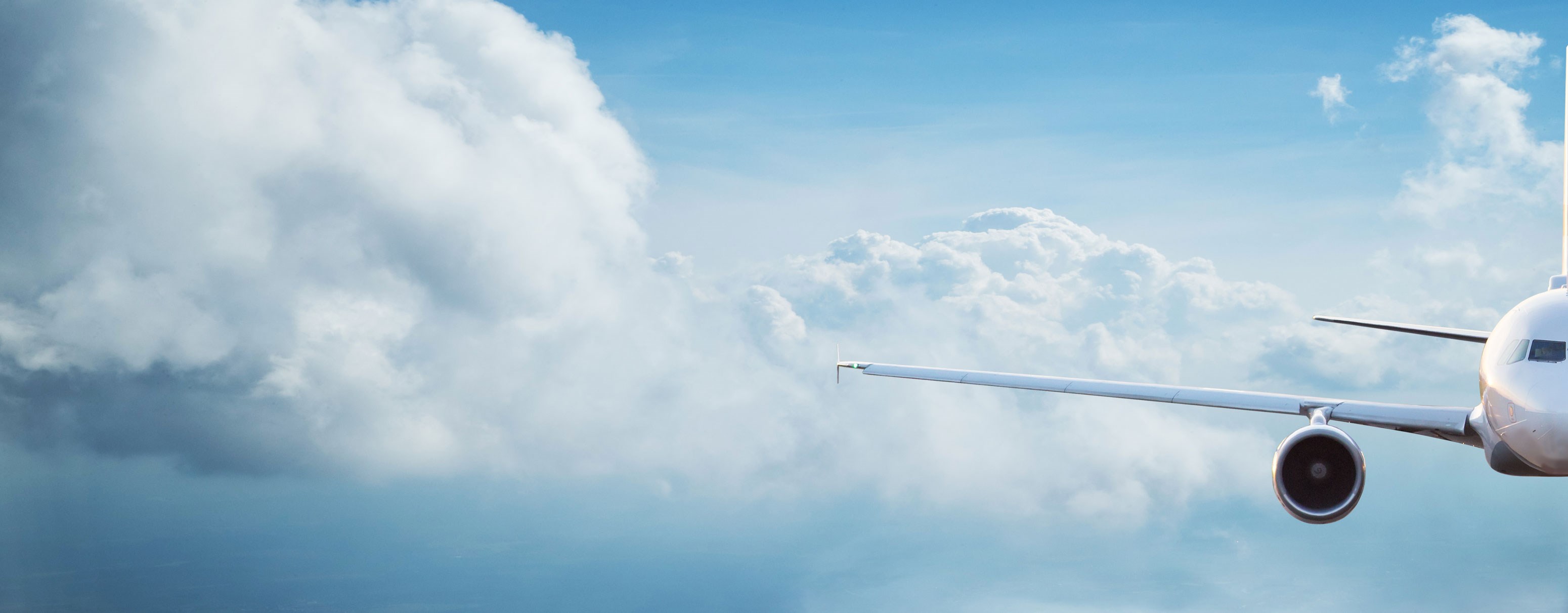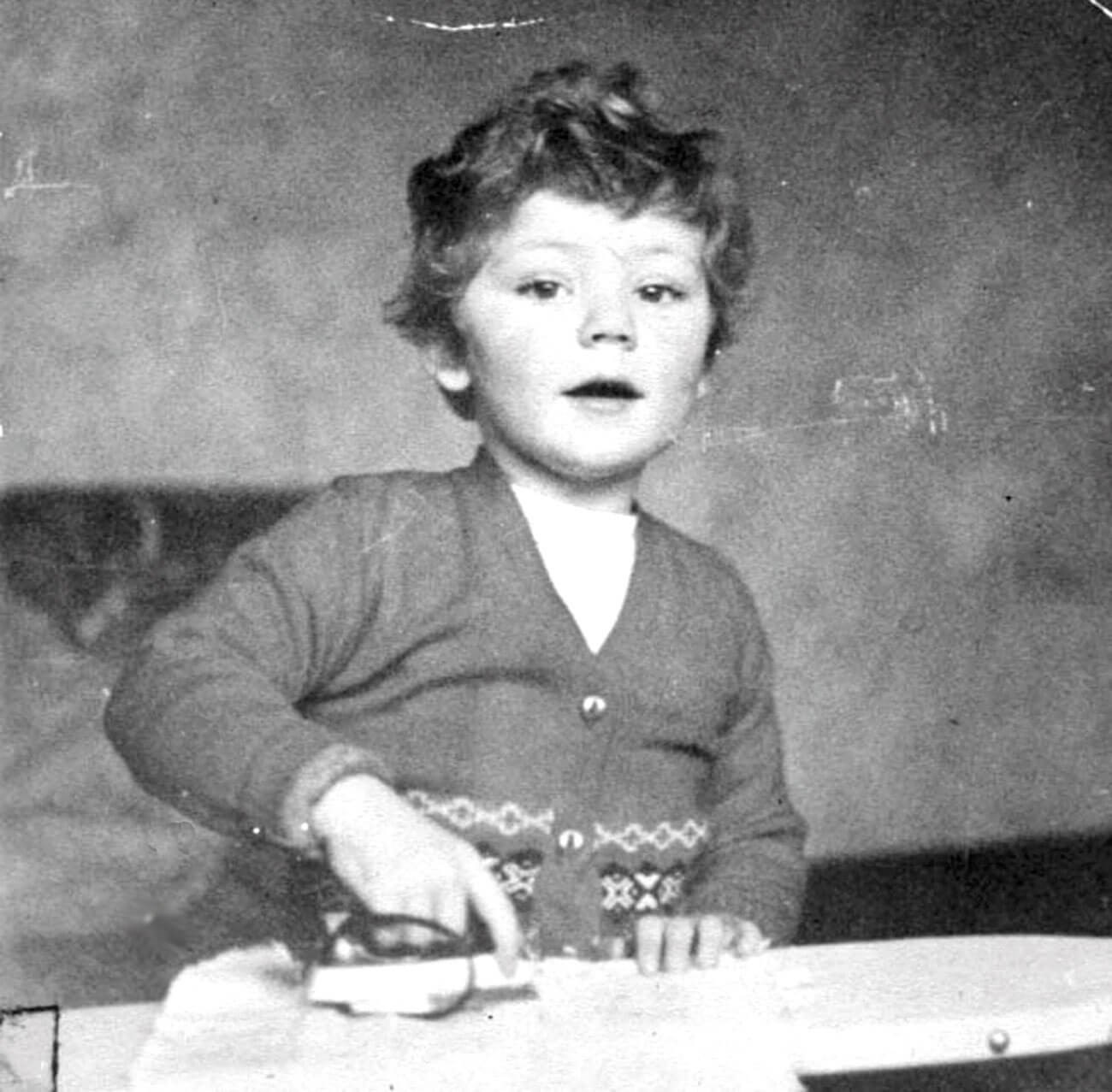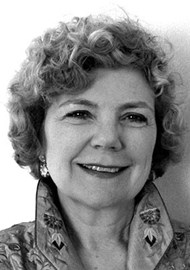This series of stories is dedicated to those of you with whom some of these moments were shared (or endured) and, above all, to my amazing and long-suffering husband, David Howard. Most of you know him as an exceptional head and neck surgeon but, since Covid, he has been involved in a large multi-speciality international charitable project reintroducing negative pressure non-invasive breathing support which could transform the management of respiratory disease all round the world. If you are interested, please visit www.exovent.org for further information and, if you enjoy the stories, please consider donating to the charity through the Exovent website (Click DONATE on the home page drop down menu).
Introduction
My original intention in writing down these stories was mainly to recount some of the funny and often improbable things that have happened to me during my career, particularly during the many medical meetings that I have attended. I certainly have had some interesting experiences, which were not always funny at the time.
You could argue that flying halfway round the world to give a 10-minute lecture is complete madness and definitively not eco-friendly. Recent events have shown that this is no longer a necessity where Skype/Zoom/Microsoft Teams and a host of other options now link us across the world in real time. Future generations may not have, or even want, limitless international travel at their disposal but it has been one of the few perks of academic life, has created a network of colleagues who have become life-long friends and has allowed me to see vast areas of the globe.

An Australian friend introduced me to an app called ‘Been’ which allows one to log all the countries that one has visited, producing an annotated world map. I will never manage membership of the Traveler’s Century Club* and there are some areas of Africa and Central Asia which are, as yet, sadly unvisited but I have been enormously fortunate in my career to visit around 85 countries and it has also been a massive source of pleasure, fun and quite a few anecdotes; all of which truly occurred, however unlikely they may seem.
*The Travelers’ Century Club is a club for people who have visited 100 or more of the world’s countries and territories. The organisation was founded in California in 1954 and now has more than 1400 members throughout the world.
A funny thing happened on the way to a conference
Most people think that we medical academics are just swanning around on a permanent jolly when we go to meetings but travel, even pre-Covid, was no longer the glamorous experience it had once been. Instead, as we all know, it is exhausting and often stressful (though not as exhausting and stressful as working in the NHS obviously). Minor dramas, inconveniences and disruptions are too numerous to mention, and rarely amusing. In fact, given the exigencies of security, things usually work remarkably well, though I do remember David having his new iPhone swapped at Heathrow in the security machine for another one which was using Russian. One can only hope that the thief knew how to deal with head and neck emergencies such as an airway obstruction or carotid blow-out which were the stuff of David’s usual calls.
"It has been one of the few perks of academic life, has created a network of colleagues who have become life-long friends and has allowed me to see vast areas of the globe"

Valerie ironing at four years old before she discovered travel.
At any given time pre-Covid, a significant number of senior doctors were en route, as evidenced by the scene in the BA ’Gold/First Class‘ lounge when a rather indistinct PA call for ‘Professor……’ flushed out at least three professors of surgery and a couple of microbiologists, who all likely rushed to the desk in expectation of a further upgrade.
Obtaining the appropriate visas in the past could pose problems, which happily could be smoothed over by using a company to facilitate the process. I used an excellent one for many years but who sadly did not survive the pandemic. They grew from assisting travellers such as journalists to get to remote places in a hurry and could turn around a new passport or get a visa within hours if required, even delivered by motorbike to you at the airport, though obviously at a cost.
"I persuaded the Hong Kong officials to let us sign a document undertaking to pay all costs if we were refused entry and deported"
David will, I hope, forgive me relating the moments of stress resulting from him changing his passport between my registering us for the USA ESTA and us actually travelling, which only came to light as we checked in. Fortunately, an online application on a wonky airport computer resulted in him making the plane by the skin of his teeth. On another occasion, the fact that his passport was within six months of expiry led to a debacle in Hong Kong en route to Brunei. As we had been invited by the Sultan, I felt there was a sporting chance that they would allow us in, so I persuaded the Hong Kong officials to let us sign a document undertaking to pay all costs if we were refused entry and deported. Needless to say, no one in Brunei even looked at our passports.
I once arrived in Denver en route to the inevitable ski meeting, where my large case was a no-show. Baggage handling insisted it had arrived and indeed it had, the contents eventually reaching me four days later in a black plastic binbag. It transpired that the suitcase had been dropped from a great height during loading at Heathrow and the contents gathered from the wet tarmac, everything that is except the expensive cosmetics which had mysteriously been replaced by a pot of Pond’s face cream, possibly the most shocking aspect of the entire experience.
"I was certainly the only person in high heels and pearls on Space Mountain at Euro Disney"
Occasionally events beyond our control can monumentally disrupt things. As I left Heathrow for Rome to give an evening lecture, I was mystified to see flight after flight from Scandinavia disappearing from the departures board. On arrival in Rome, it became apparent that a volcano in Iceland was to blame and clearly, I was not going to be travelling back home the next morning. The Italians shrugged – there are worse places to be stuck than Rome after all – and surprisingly produced a first-class rail ticket to Paris a day later. From there, I went to Euro Disney to catch the last seat on the last train back to the UK before the French railway drivers unhelpfully went on strike. Consequently, whilst many colleagues were stuck in less salubrious and far-flung parts of the world, I had two young Italian ENT surgeons deployed to entertain me and ultimately ensure I got on the train. And I was certainly the only person in high heels and pearls on Space Mountain at Euro Disney.
How do you know when you are travelling too much? When you get to the baggage hall, look to see which carousel you need, and find you are not sure where you have just come from!
Rules when travelling
- I speak from a position of considerable privilege, living close to Heathrow, but whenever possible, always fly direct. The connection time is always a figment of the airlines’ imagination.
- Always get an aisle seat, the reasons are obvious.
- Never speak to the next passenger. This only leads to unnecessary chitchat with a complete stranger, whilst a captive audience. However, I have one possible exception which is if one is seated next to a fellow doctor going to discuss a new medication in some distant part of the world.En route to Taiwan many years ago, I was sat next to a urologist and as both of us were shuffling our slides (which tells you it was many, many years ago), a conversation was struck up in which he advised me to ‘sell everything and invest’ in P……., a company making a drug that cured impotence which would almost certainly make them (and potentially me) a fortune. Needless to say, I ignored the recommendations of my companion whose consumption of champagne had likely led to these loose words and, thus, my one chance at insider dealing failed to go the distance, unlike the drug.
- I would also respectfully suggest that you don’t fly on airlines where the passengers cheer and clap when the plane lands.





